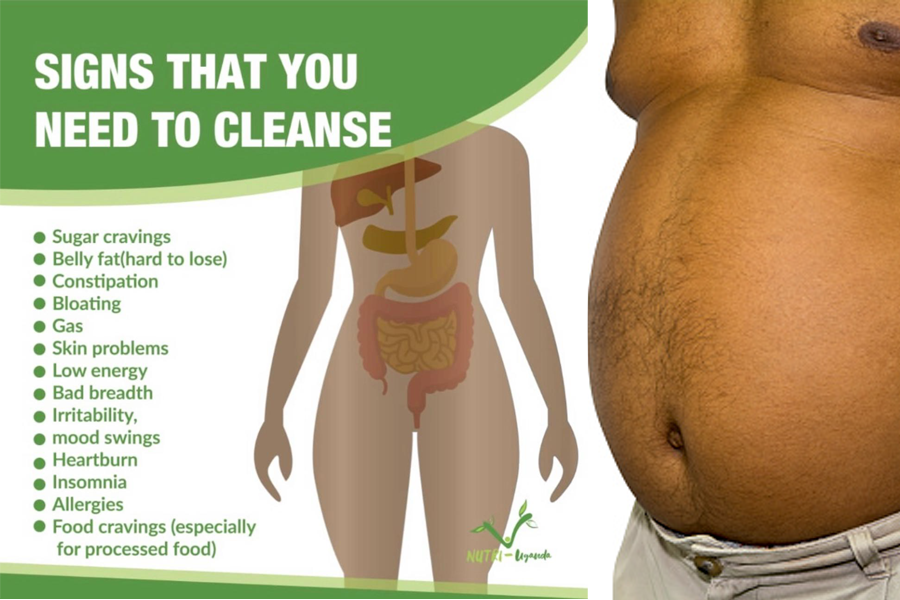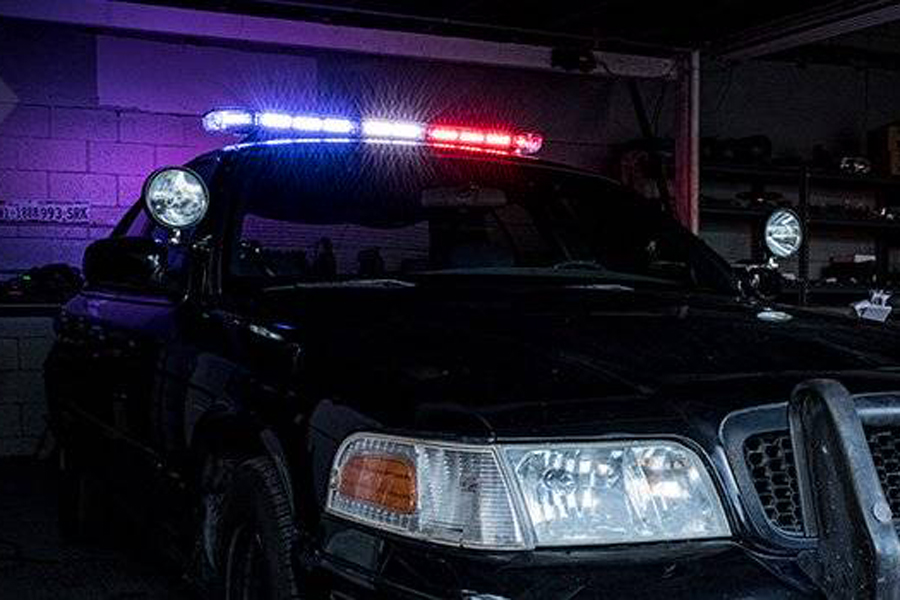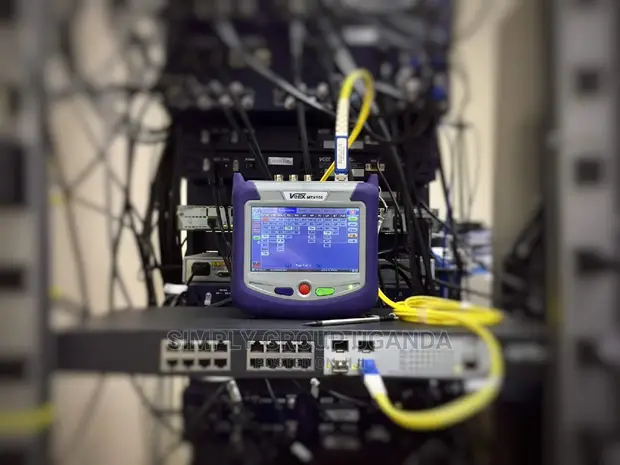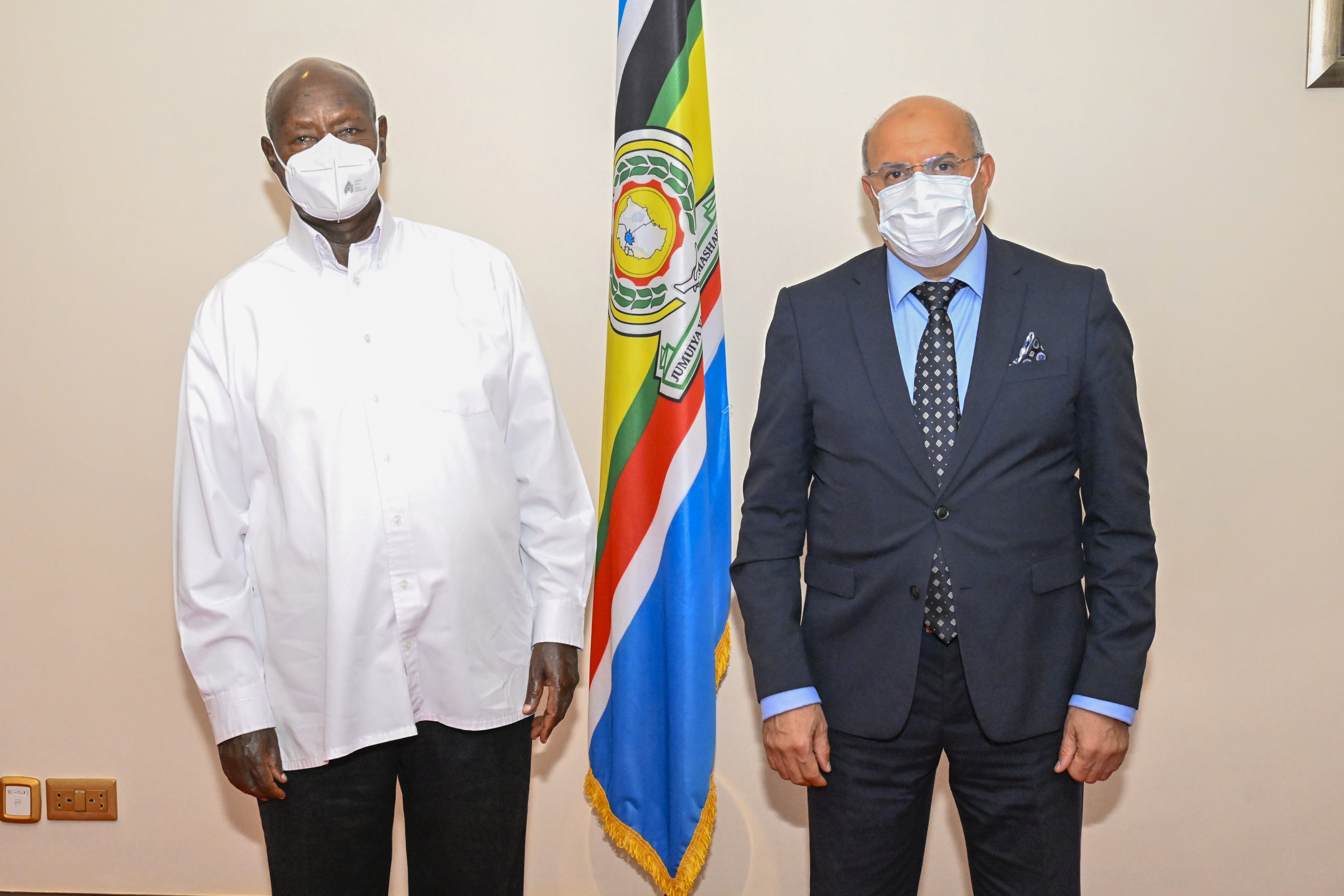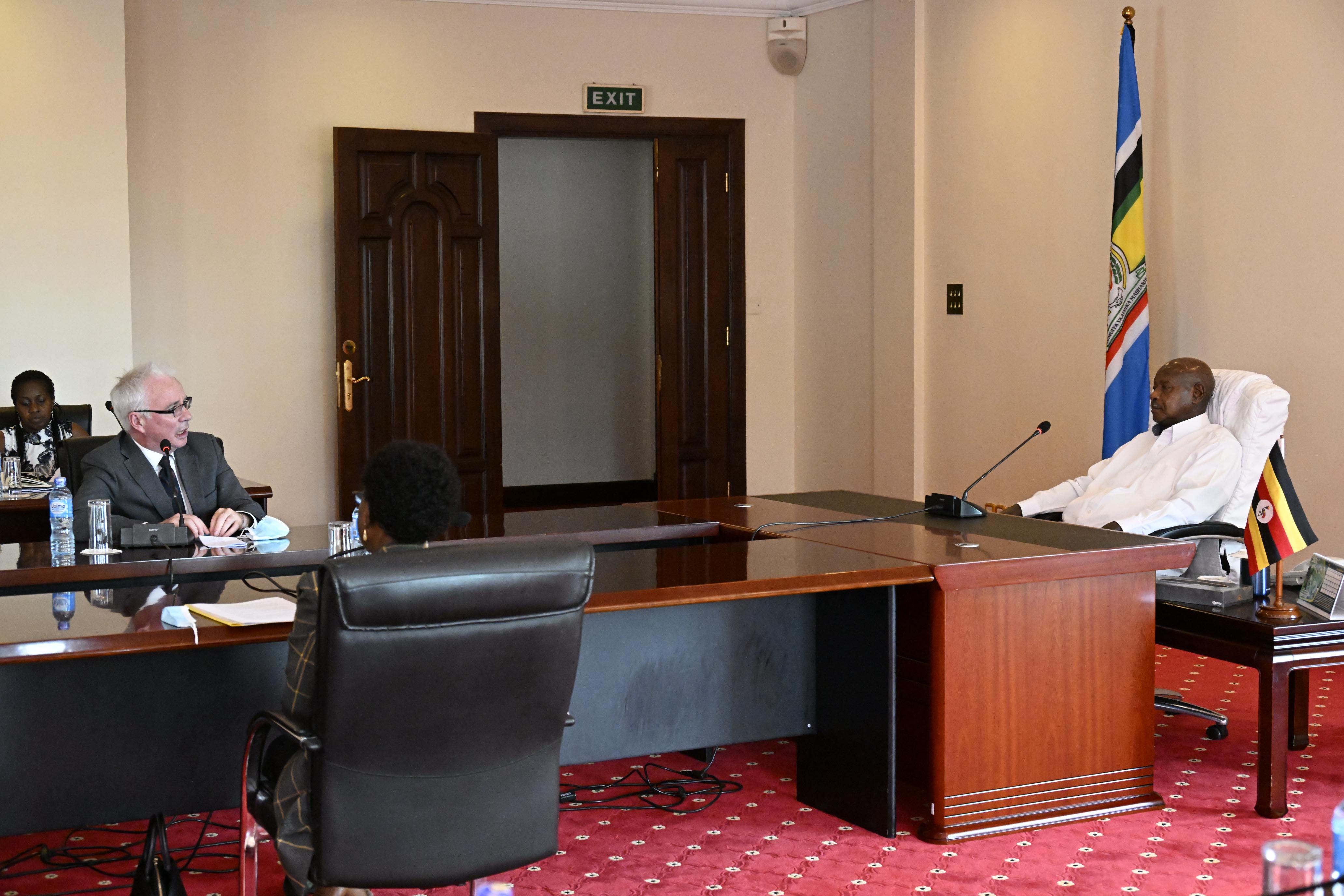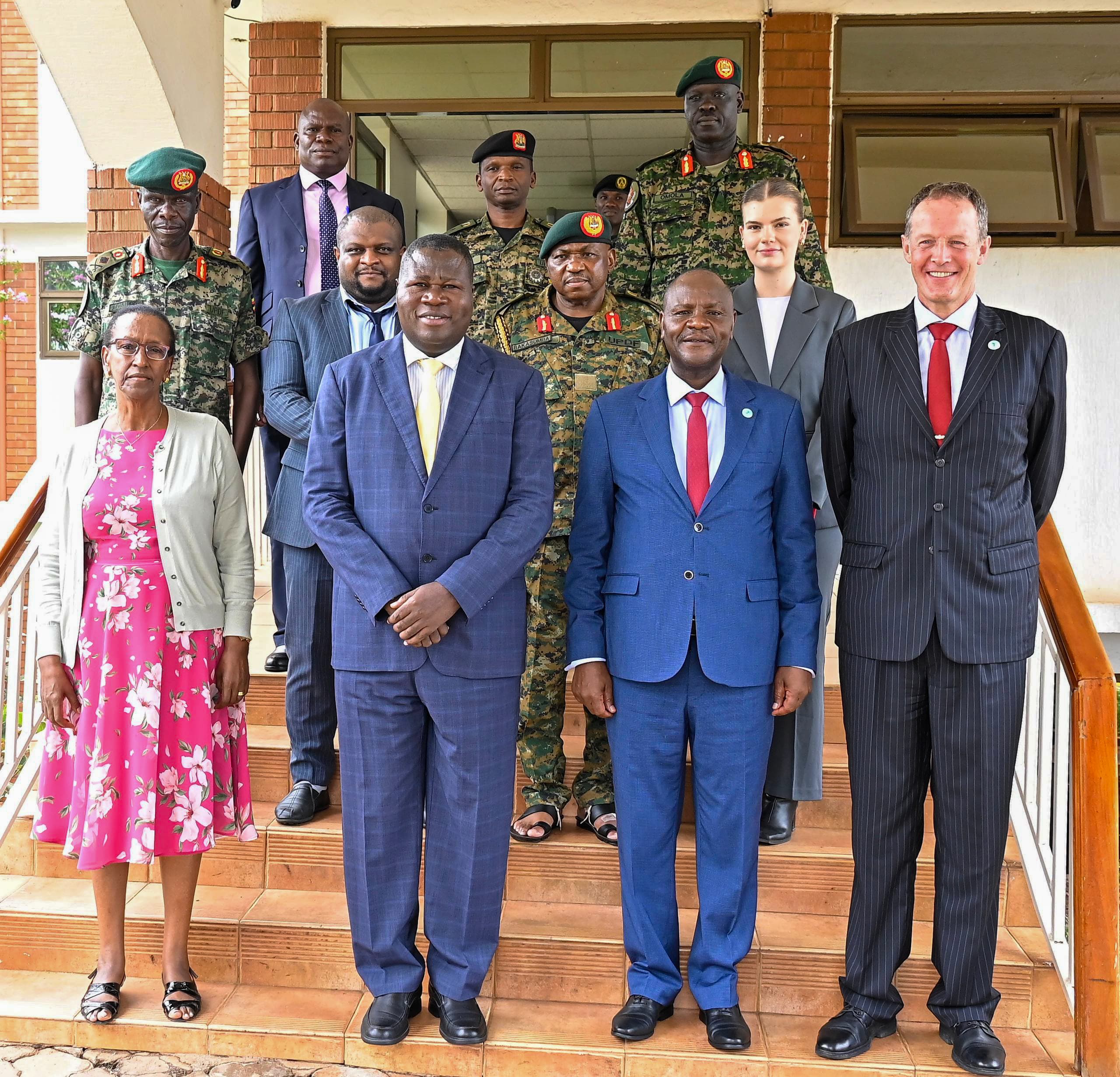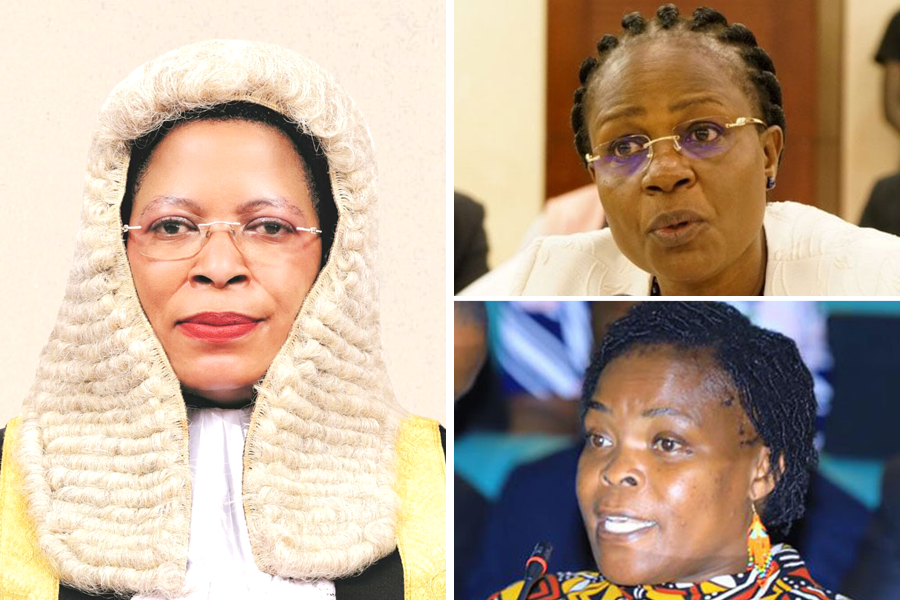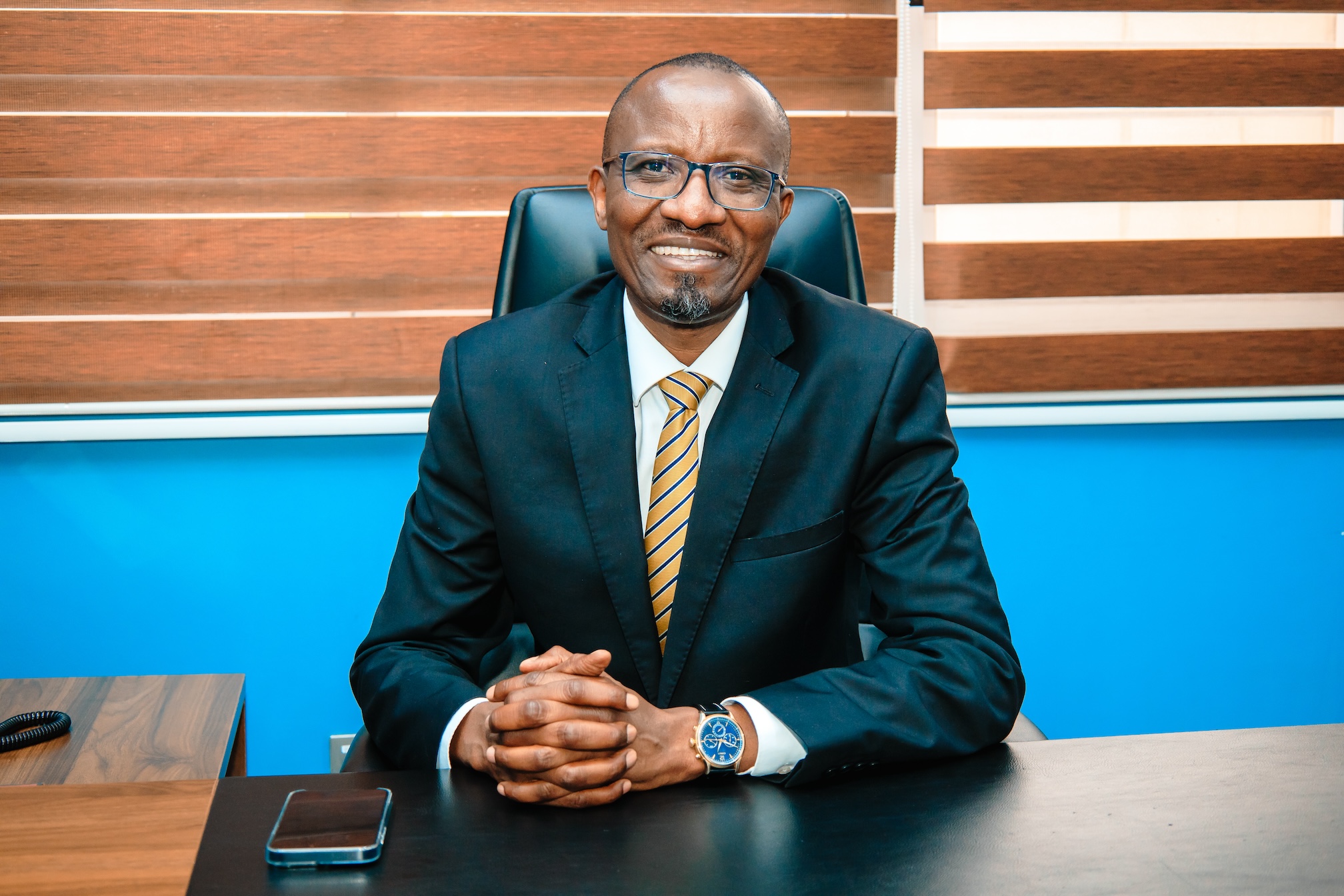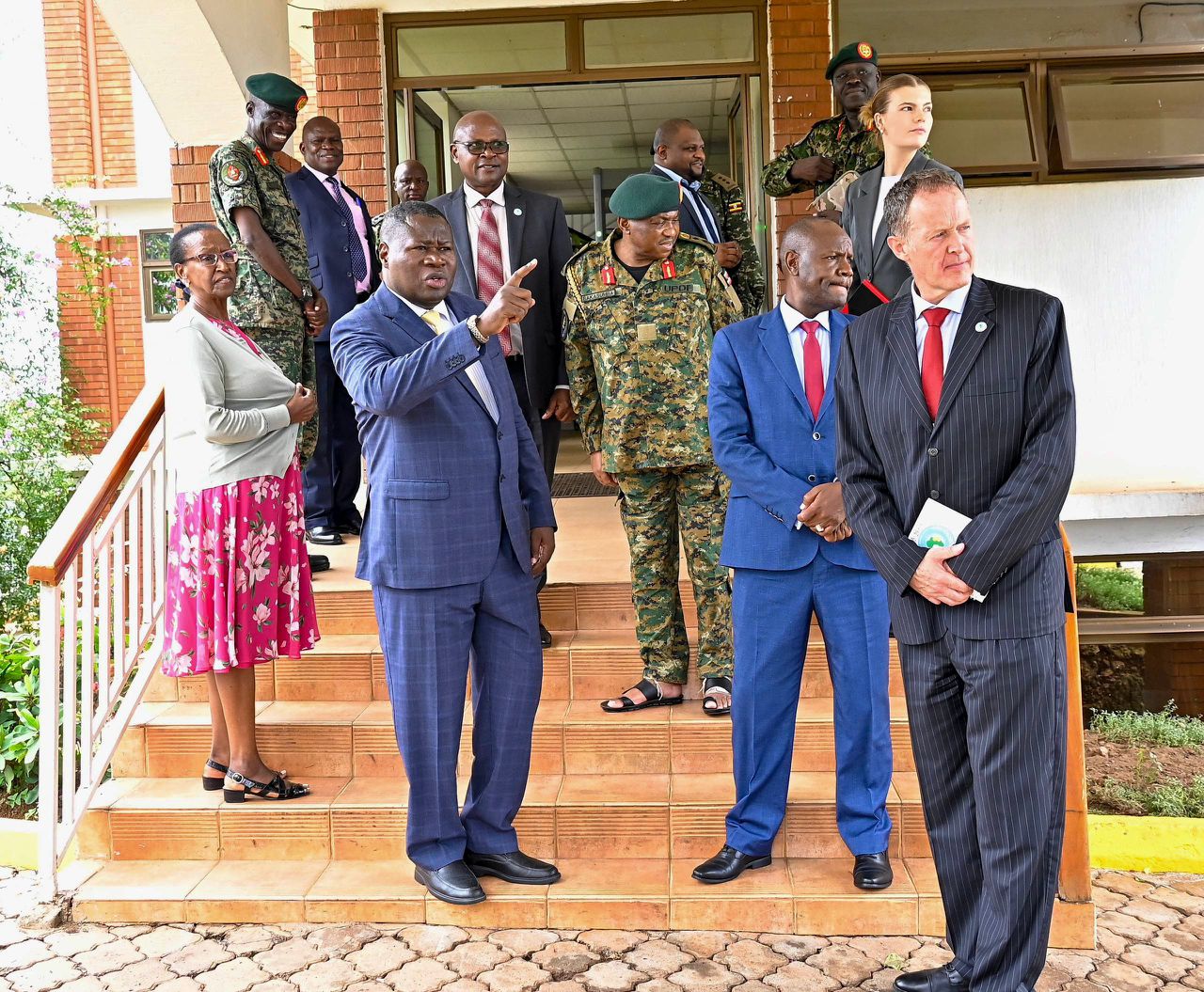UNBS, partner states to develop calibration and verification procedures for road tankers
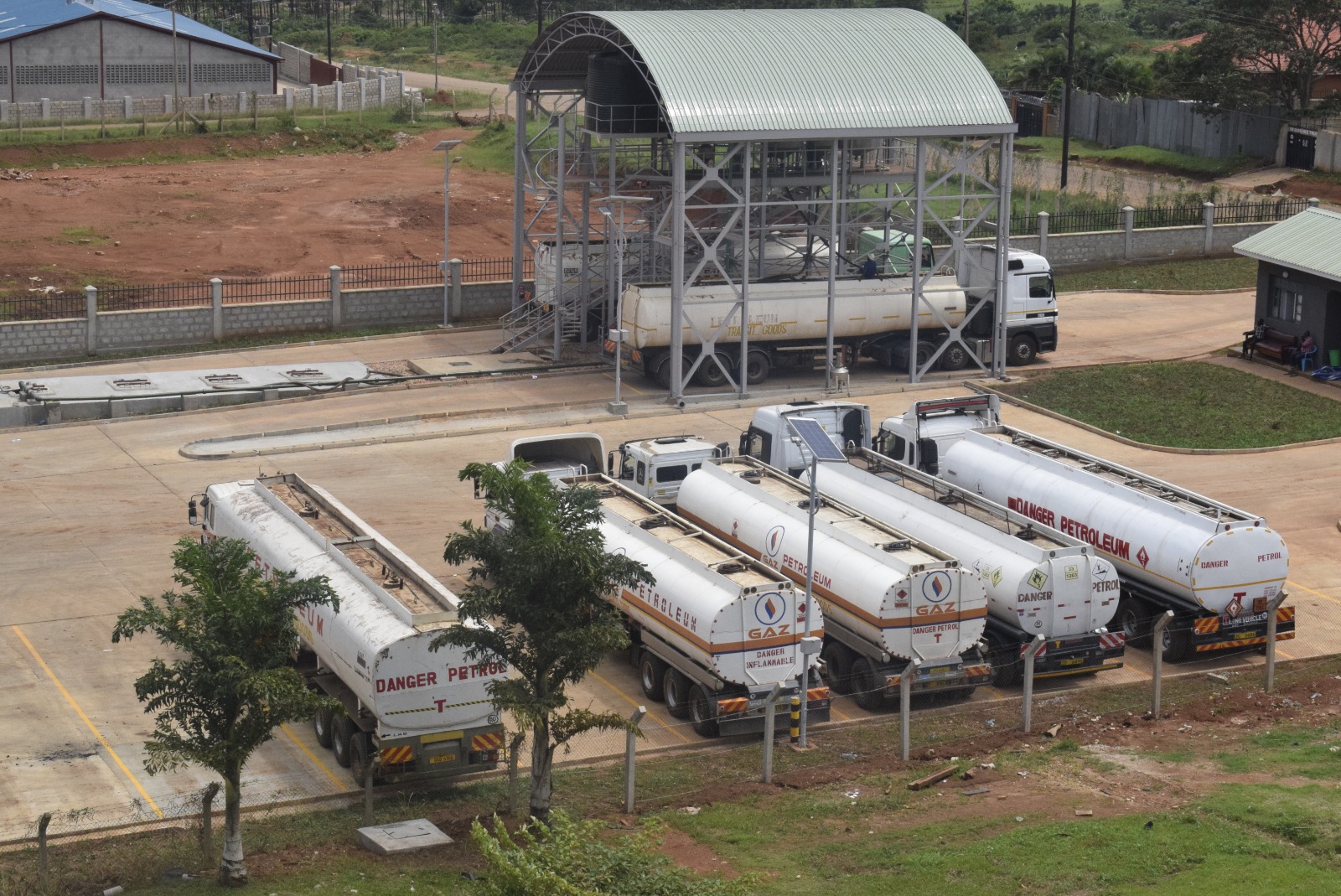
The Uganda National Bureau of Standards (UNBS) and partner states from the East African Community (EAC) are working together to develop harmonized procedures for the calibration and verification of road tankers, aimed at facilitating trade within the region.
This collaborative effort aligns with UNBS's mandate to ensure fair trade and precision in industry through reliable measurement systems.
Keep Reading
Road tankers are vehicles equipped with capacity measures used for transporting liquids in trade.
They play a critical role in intra-EAC trade, facilitating the transportation and distribution of various commodities such as petroleum products, Liquefied Petroleum Gas (LPG), and raw materials for soap and cooking oil production.
Currently, each EAC partner state has its regulations and procedures for the calibration and verification of road tankers, leading to measurement variations that can create unnecessary technical barriers to trade when goods cross different partner states.
"We must eliminate irregularities and inconsistencies during inspections at the borders to ensure a smooth flow of goods within the EAC region, thereby boosting trade," stated Eng. John Paul Musimami, the UNBS Deputy Executive Director in charge of Compliance.
Some of the reported issues include variations in the limits of error (Minimum Permissible Errors) during verification.
For example, in Uganda, the limit of error is + or - 0.25% for both initial and subsequent verification, while in Tanzania, it is + or - 0.2% for initial verification and + or - 0.5% for subsequent verification.
There are also inconsistencies regarding the stamping of dipsticks and verification charts, as well as a higher risk of foul play by transporters, such as swapping and cutting of dipsticks and alteration of calibration charts, which can impact measurement accuracy.
To address these inconsistencies, representatives from seven EAC partner states (Uganda, Kenya, Tanzania, Democratic Republic of Congo, Rwanda, Burundi, and South Sudan), led by the EAC Secretariat, have convened at the Standards House in Kampala for a week-long meeting starting on April 15, 2024.
The objective of this meeting is to harmonize procedures for the calibration and verification of road tankers, ensuring consistent measurements within the EAC region.
Stella Apolot, the Principal Standards Officer at the EAC Secretariat, emphasized the importance of abiding by the laws in different member states and closing the gaps that allow malpractices to negatively affect trade.
She highlighted that the harmonization process should be guided by the law.
As part of the harmonization efforts, the member states have agreed to standardize procedures for stamping measures (Dipstick Stamping and Name Plate Stamping), treatments of boosters and airbags, Calibration Charts information, Verification provers, and limits of error (Minimum Permissible Errors) for initial and subsequent verification of road tankers, among other aspects.
In addition to developing a draft EAC procedure for the calibration and verification of road tankers, the annual EAC Metrology Committee Meeting will also be held to review and develop the East African Metrology work plan for the Financial Year 2024/2025.
This comprehensive approach aims to enhance trade facilitation in the EAC region, particularly for goods transported using road tankers.


